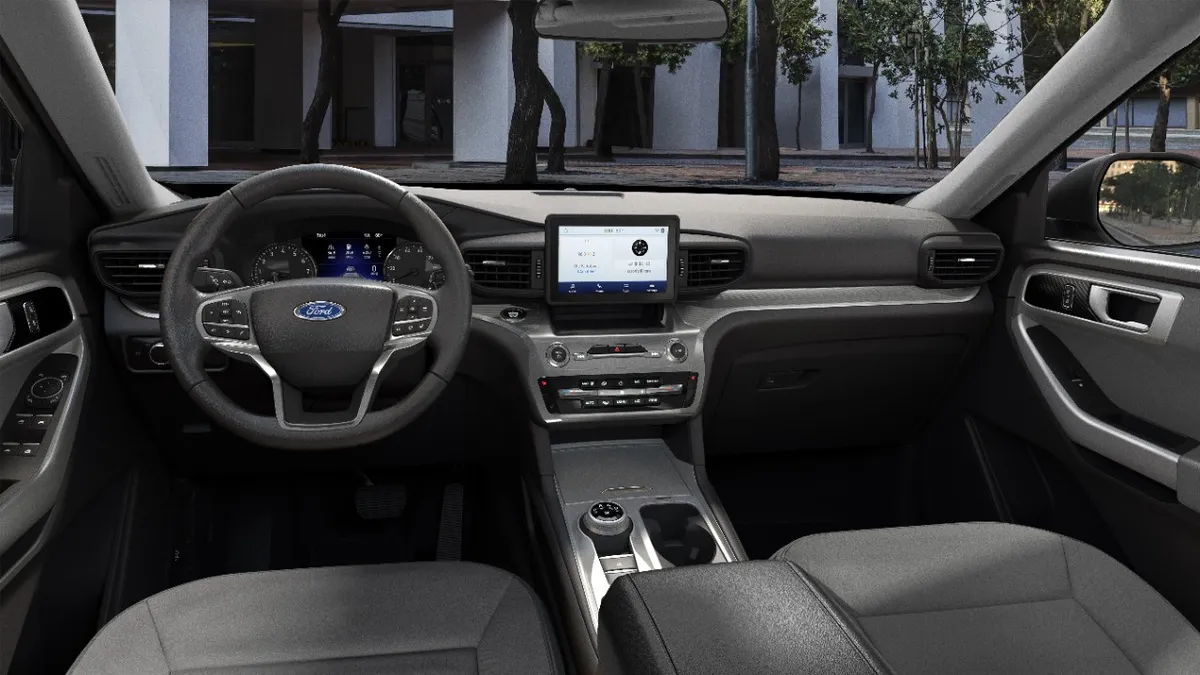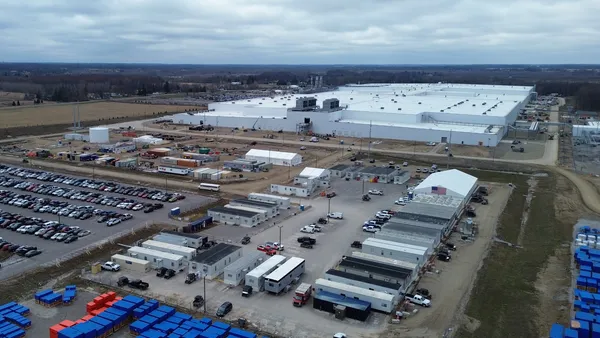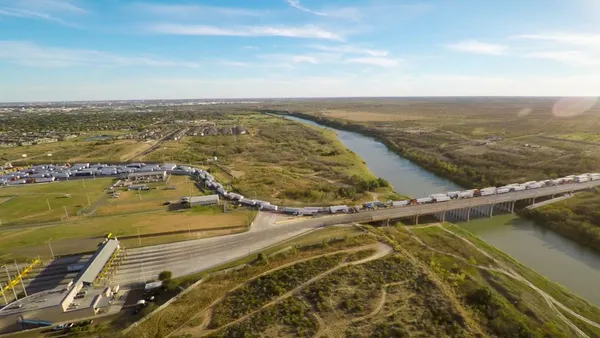Ford Motor Co. has been issued a consent order by the National Highway Traffic Safety Administration that includes a fine of $165 million for failing to comply with a September 2020 recall for a backup camera fault in an estimated 620,000 vehicles in a timely manner.
The NHTSA also said Ford failed to provide it with accurate and complete recall information as required by the National Traffic and Motor Vehicle Safety Act.
“Timely and accurate recalls are critical to keeping everyone safe on our roads,” said NHTSA Deputy Administrator Sophie Shulman in a Nov. 14 news release. “NHTSA is committed to ensuring manufacturers comply with the laws designed to keep our roads safe.”
The NHTSA consent order includes an upfront fine of $65 million, with an additional $55 million deferred and $45 million for performance obligations, according to the NHTSA. The automaker’s fine is the second-largest civil penalty in NHTSA history, the agency said in the release.
The monetary and non-monetary provisions of the order are “designed to improve Ford’s compliance with the law,” according to the release. But the consent order is not admission of any liability by Ford, according to the automaker’s securities filing.
“When manufacturers fail to prioritize the safety of the American public and meet their obligations under federal law, NHTSA will hold them accountable,” said Shulman in the release.
The recall that led to the fine was issued on Sept. 23, 2020. The recalled models included the F-150, F-250, F-350, F-450, F-550 pickups, Expedition, Explorer, Mustang, Transit van, Escape, Ranger, Edge, and Lincoln Nautilus and Corsair vehicles. Up to 47% of the recalled vehicles are estimated to have the camera defect, according to the NHTSA report.
The issue was found to be related to the printed circuit board for the backup camera. The camera and hardware were manufactured by Michigan-based Tier 1 supplier Magna Electronics. Ford first introduced the camera into production in Oct. 2019 and installed it in various vehicles through June 2020.
Ford’s investigation into the problem found that the camera plug terminals on the printed circuit board can move and become deformed when the wires are inserted during assembly. The part was revised after Ford received a high number of warranty claims for backup camera failures on certain vehicles. The improved version reverts to a previous circuit board header design with stronger pins, so they won’t deform when connected.
As part of the NHTSA consent order, which was signed on Nov. 13 and has a base term of three years, an independent third party will oversee and make recommendations regarding all performance obligations for addressing recalls and assess Ford’s compliance with them.
Ford is also required to review its previous recalls for the past three years to ensure they have been properly scoped and, if necessary, file new recalls within five business days if it identifies any inaccuracies.
The NHTSA also requires Ford to review its recall decision-making process and make any necessary changes, including the company’s ability to analyze data to better identify safety-related defects.
Among the requirements, Ford must develop and implement a safety data analytics platform that includes easily accessible documents with all the relevant information for both internal and NHTSA-initiated safety investigations. The consent order requires that Ford spend at least $20 million to update its analytics capabilities.
Ford must also improve information-sharing and increase the speed of any recall decisions, according to the release.
The NHTSA also ordered Ford to build a multi-modal imaging test lab that focuses on low-voltage electronics such as printed circuit boards, as well as invest in a vehicle identification number traceability system to track components used in vehicle assembly.
Representatives from Ford and NHTSA will meet quarterly to ensure the company is complying with the consent order.
Ford has issued dozens of recalls this year and has the most out of any major automaker this year with 62, according to the NHTSA. The recalls potentially include over 4 million vehicles. Last month, Ford reported a $100 million year over year decline in profits in Q3, which it attributed to high warranty costs and other factors after several other major recalls in 2024.
In June, Ford issued a recall for the 2014 F-150 pickup for a transmission issue, which potentially includes up to 550,000 trucks.












